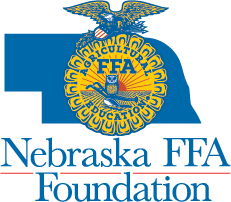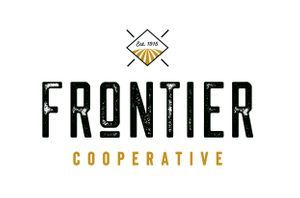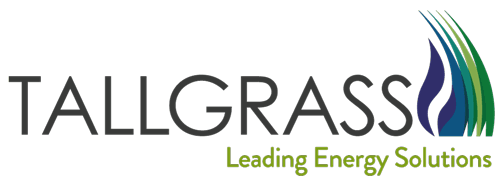(LINCOLN) – The Nebraska Soybean Board and DuPont Pioneer have collaborated to invest $45,000 for Nebraska’s agriculture teachers to attend the Curriculum for Agricultural Science Education (CASE) and purchase equipment needed to implement the curriculum in their classrooms.
“This is a good effort for industry and a commodity board to further agricultural education in our schools. The program shares the expertise of others to raise the level of agricultural education in our schools,” says Victor Bohuslavsky, Executive Director of the Nebraska Soybean Board.
Participating Nebraska agriculture teachers attend a CASE Institute, which is an 80-hour, intense teacher professional development institute held each summer. The institute equips teachers to elevate student experiences in the agriculture classroom and prepares students for success in college and for careers in science, technology, engineering and math. CASE currently has courses ranging from Introduction to Agriculture, Food and Natural Resources to Food Safety to Animal and Plant Biotechnology.
“Ensuring there is enough safe, affordable and nutritious food for all will require than more students understand agriculture and become future leaders in food production,” said Mark Deterding, Business Director for DuPont Pioneer’s Western Business Unit. “We know that we cannot do this alone and are working with others in agriculture and education to give teachers the best resources to encourage children to understand agriculture and consider careers in the industry.”
While teachers can attend any Institute, the University of Nebraska-Lincoln (UNL) hosts an Institute each summer. Matt Kreifels, Assistant Professor of Practice with UNL’s Agricultural Leadership, Education and Communication Department says, “we expect our teachers to know everything and teach all areas of agriculture, food and natural resources. The reality is they have very minimal resources to equip both themselves and their classrooms to teach this valuable information. The CASE Institute is unique and very beneficial to a teacher. They can easily implement that curriculum right in their classroom.”


